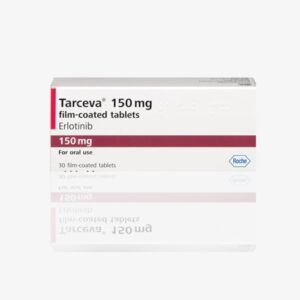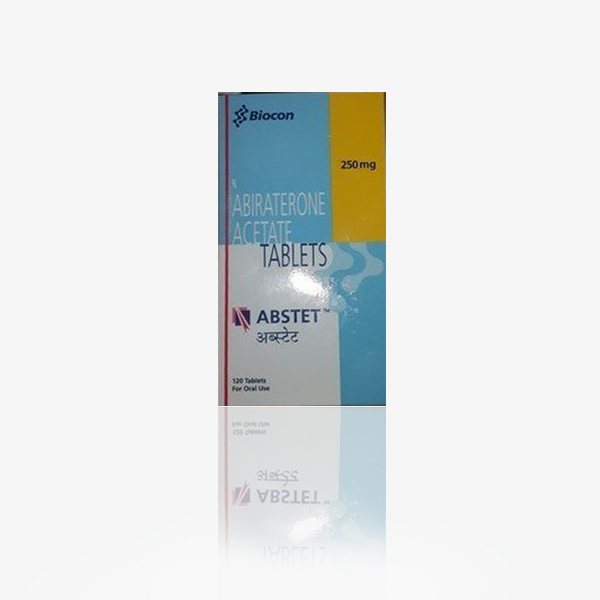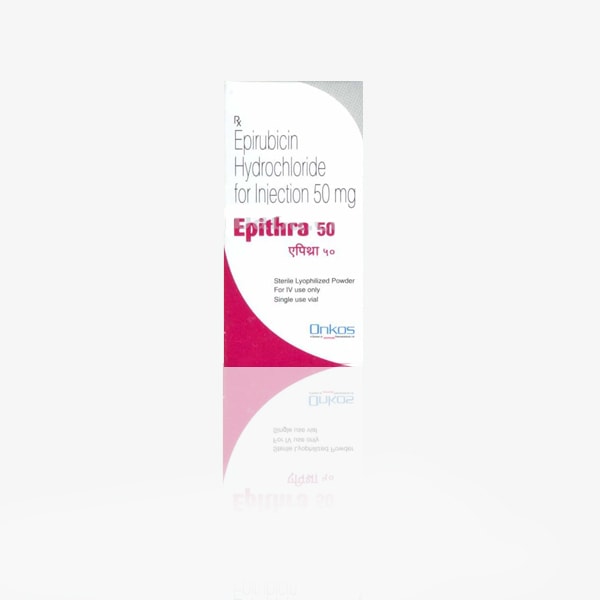

Buy Tarceva : Erlotinib 150 Mg Tablets 30’S Online
$896.15
Brand Name : Tarceva
Composition : Erlotinib Hydrochloride
Manufactured by : Roche Holding AG
Strength : 150 mg
Form : Tablets
Packing : Pack of 30 Tablets
Prescription Required *

Buy Tarceva : Erlotinib 150 Mg Tablets 30’S Online
$896.15
- Description
- Reviews (0)
Description
Description:
Tarceva, with the active ingredient Erlotinib, is a targeted therapy used in the treatment of certain types of cancer, specifically non-small cell lung cancer (NSCLC) and pancreatic cancer. Erlotinib is an epidermal growth factor receptor (EGFR) inhibitor, disrupting the signals that promote cancer cell growth and proliferation. Tarceva has become a vital component in the therapeutic landscape, offering a targeted approach to inhibit the progression of cancer.
Indication:
Tarceva is indicated for the treatment of advanced or metastatic non-small cell lung cancer (NSCLC) with specific EGFR mutations and as a maintenance therapy following initial chemotherapy. Additionally, it is approved for the treatment of locally advanced, unresectable, or metastatic pancreatic cancer when used in combination with gemcitabine.
Mechanism of Action:
Erlotinib, the active ingredient in Tarceva, is a reversible inhibitor of the EGFR tyrosine kinase. EGFR is a protein that plays a crucial role in the signaling pathways promoting cell growth and survival. By inhibiting EGFR, Erlotinib disrupts these signaling cascades, preventing cancer cells from receiving the signals needed for their uncontrolled growth. This targeted approach distinguishes Tarceva as a valuable option in the era of precision medicine.
Administration:
Tarceva is administered orally in the form of tablets. The tablets are typically taken once a day, either with or without food, as directed by the healthcare provider. It is essential for patients to adhere to the prescribed dosing schedule and follow any specific instructions provided by their healthcare team.
Dosage:
The dosage of Tarceva (Erlotinib 150 Mg Tablets 30’s) is determined based on the individual patient’s medical condition, overall health, and specific cancer being treated. The recommended daily dose is often 150 mg, but dosage adjustments may be made based on tolerability and the presence of side effects. It is crucial for healthcare providers to closely monitor patients and make appropriate dosage modifications when necessary.
Efficacy:
Tarceva has demonstrated significant efficacy in the treatment of EGFR mutation-positive non-small cell lung cancer (NSCLC) and pancreatic cancer. Clinical studies have shown improvements in progression-free survival and overall survival rates for patients receiving Tarceva, particularly in those with specific EGFR mutations. The targeted nature of Erlotinib enhances its effectiveness, offering a tailored approach to inhibit cancer cell growth.
Side Effects:
While generally well-tolerated, Tarceva may be associated with certain side effects. Common side effects include skin rash, diarrhea, nausea, and fatigue. Skin rash is a distinctive side effect associated with Erlotinib and is often managed with supportive care and topical treatments.
More severe side effects may include interstitial lung disease, liver problems, and gastrointestinal perforation, although these are relatively rare. Patients receiving Tarceva are closely monitored for the occurrence of side effects, and healthcare providers take prompt actions to manage and mitigate any complications.
Precautions:
Tarceva is contraindicated in individuals with known hypersensitivity to Erlotinib or any of its components. Prior to initiating treatment, healthcare providers conduct a thorough assessment of the patient’s medical history, existing conditions, and potential risk factors.
Patients should be educated about the importance of promptly reporting any unusual or severe symptoms, especially skin rash, to their healthcare providers. Erlotinib-related skin rash is commonly associated with drug efficacy and can be an indicator of treatment response.
In conclusion, Tarceva (Erlotinib 150 Mg Tablets 30’s) represents a significant advancement in the treatment of specific types of cancer, providing a targeted approach to inhibit EGFR signaling. Its efficacy in EGFR mutation-positive non-small cell lung cancer and pancreatic cancer has established it as a key player in the evolving landscape of cancer therapy. The ongoing research and exploration of Erlotinib’s potential continue to shape its role in the broader spectrum of precision medicine for cancer treatment.
Be the first to review “Buy Tarceva : Erlotinib 150 Mg Tablets 30’S Online” Cancel reply
Related Products
Buy Abstet : Abiraterone 250 Mg Tablets 120'S Online
Total Sales: 0
SKU: 562366
Buy Adriamycin : Doxorubicin 50 Mg Injection Online
Total Sales: 0
SKU: 743499
Buy Aromasin : Exemestane 25 Mg Tablets Online
Total Sales: 0
SKU: 819449
Buy Epithra : Epirubicin 50 Mg Injection Online
Total Sales: 0
SKU: 875239
Buy Pemnat : Pemetrexed 100 Mg Injection Online
Total Sales: 0
SKU: 567374








Reviews
There are no reviews yet.